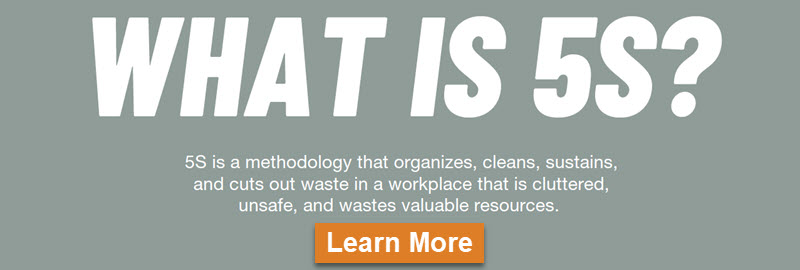
Rhode Island State Sign Regulations
Our Rhode Island State-Specific Signs Compliance – Resource Bulletin will help you understand a variety of signage rules, regulations and requirements enacted in the state. Topics include:
- No smoking signs
- Swimming pool signs
- Concealed weapon signs
- Cell phone signs
- Baby surrender signs
Use the Download button to open this bulletin as a pdf file.
Bulletin Overview
No Smoking Signs
The State of Rhode Island prohibits smoking in all enclosed public places and workplaces, including restaurants and bars. Exemptions to the statewide ban are granted to designated hotel/motel rooms, tobacco stores, and cigar bars. The Public Health and Workplace Safety Act went into effect on 2/5/2005 and is administered by the Rhode Island Department of Health. (R23-20.10-2.1) (R23-20.10-7)
Swimming Pool Signs
The Rhode Island Department of Health stipulates the rules governing the use of public swimming pools and spas. The code requires the posting of signs at public swimming pools and spas.
Concealed Weapon Signs
Rhode Island allows residents of the state to carry a concealed firearm (CCW) provided they have been issued a permit granted by the Attorney General through the local municipality in which they reside. Among the requirements for issuing a permit are; the applicant must be 21 years of age, demonstrate a proper need to carry a firearm, does not have a serious mental illness, and has not been convicted of a felony. Rhode Island does not honor the CCW of any other states. (11-47-18)
Cell Phone Signs
The State of Rhode Island bans the use of hand-held cell phones for text communications by all drivers of motorized vehicles. Drivers under the age of 18 and school bus drivers may not use cell phones for both voice and text communications while driving. The law, 31-22-30, became effective on 11/10/2009. Handheld cell phone use will be banned as of June 1, 2018. (SB 175)
Baby Surrender Signs
Since the first baby surrender (safe-haven) law was enacted in Texas in 1999, all U.S. states, as well as the District of Columbia, have passed safe-haven legislation. The laws allow an unharmed infant to be relinquished to the proper authorities.


